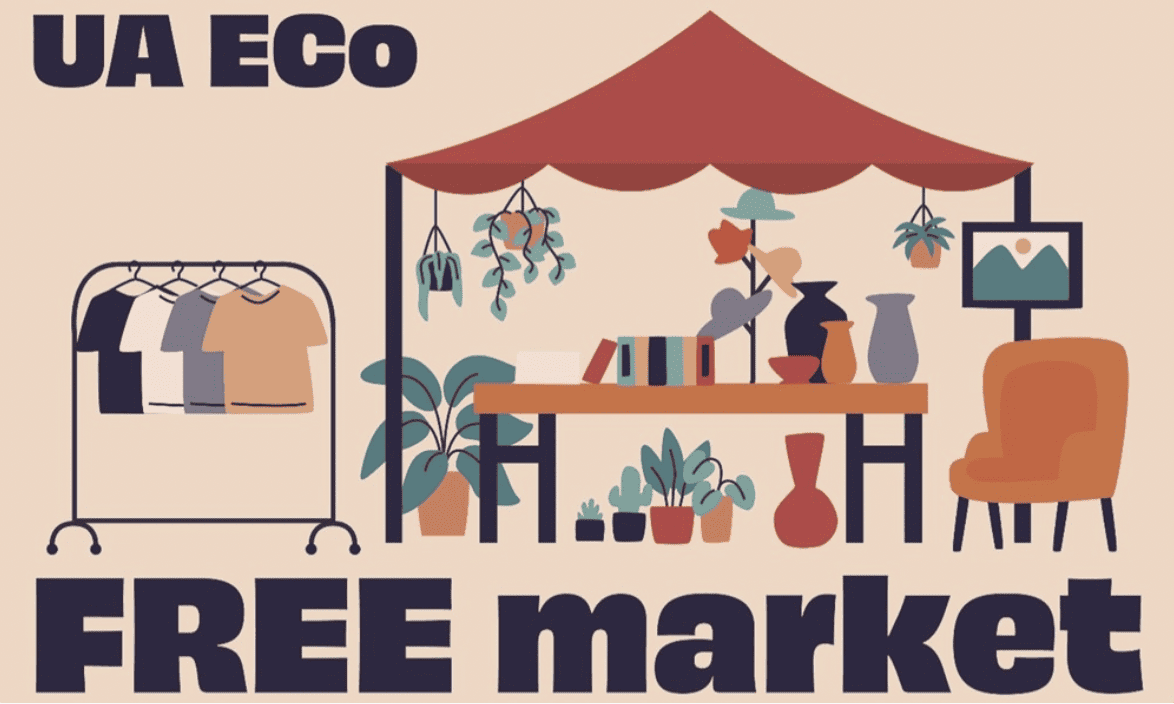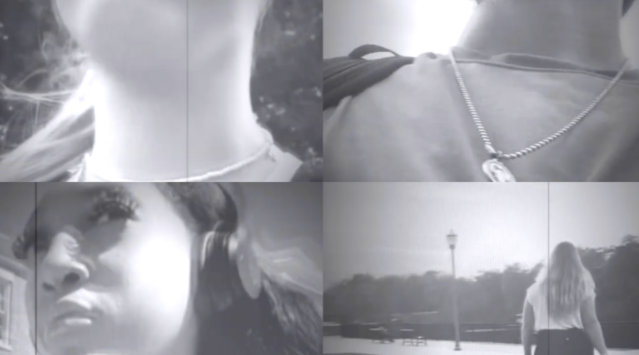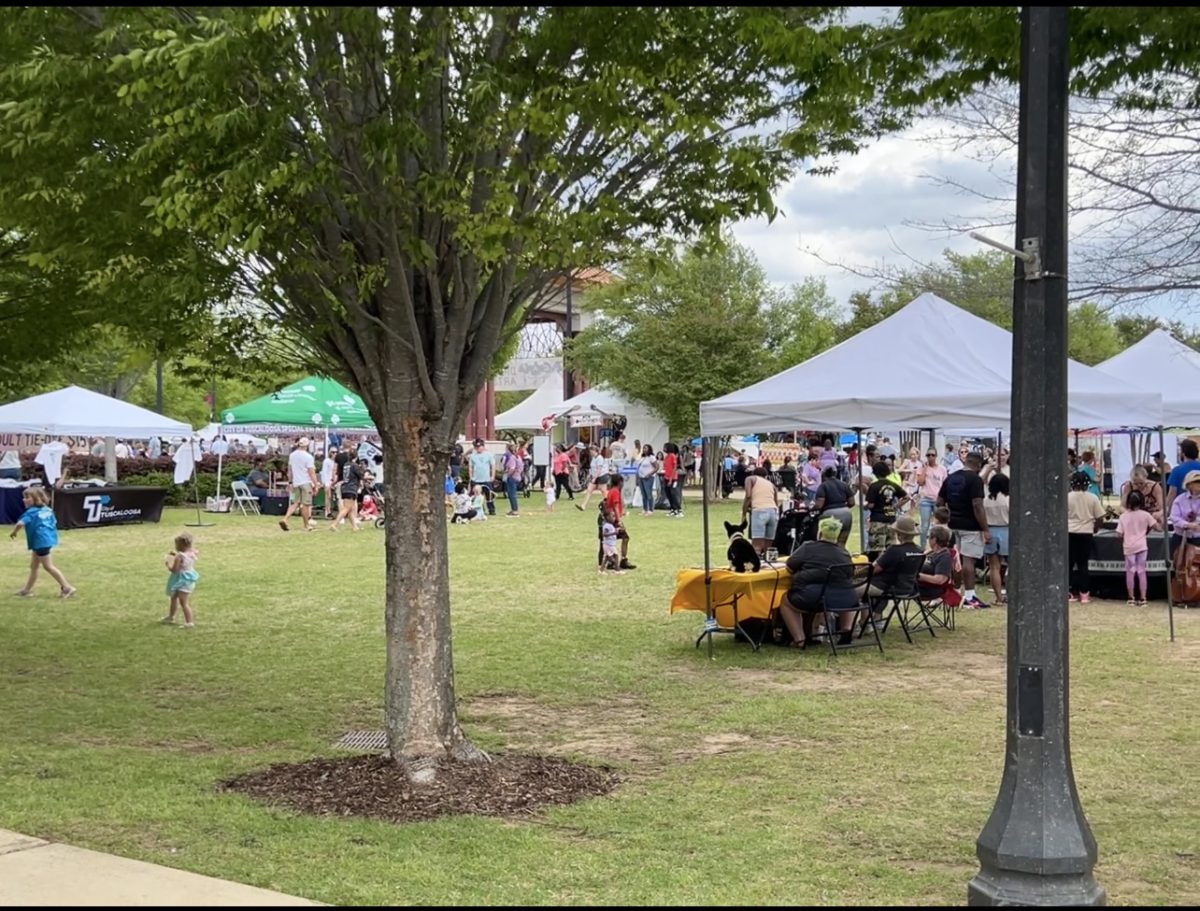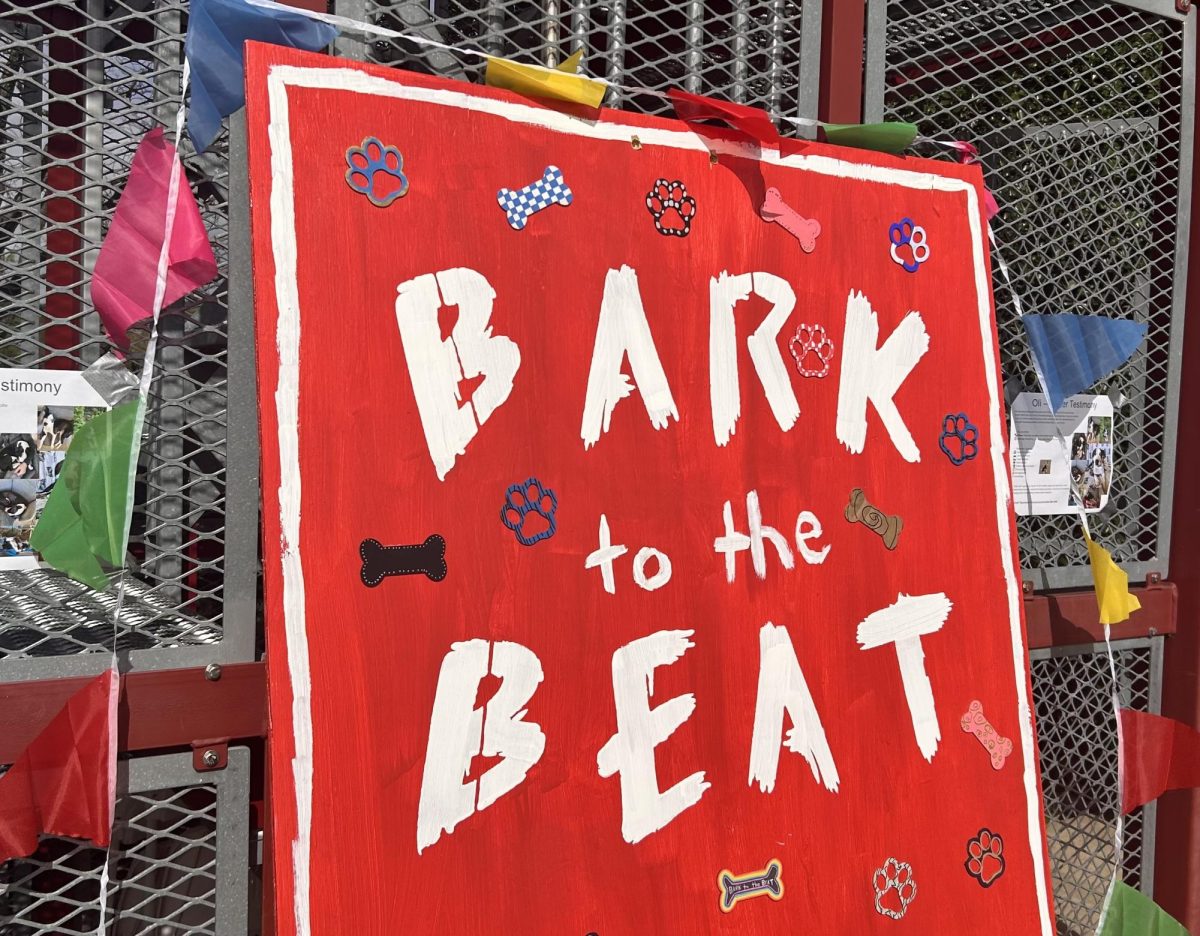Upon first glance, it might be difficult to grasp the importance of the ECo Free Market clothing swap taking place Dec. 1. One might wonder, “Why carve out time to compile all the clothes I don’t wear? Why go and take home more clothing when I already have enough?”
The event holds significance that requires some larger-scale consideration.
As November draws to a close and Christmas festivity gets into full swing, the holiday spirit occupies social consciousness. It’s the season of giving and receiving; from friends and close family members to distant cousins and begrudging coworkers, gifts will be bought and exchanged at a heightened rate over the next month.
Perhaps the most prevalent category of gift is clothing. It’s a broad term, encompassing everything from ugly sweaters to dress pants to patterned socks, but if there’s a common denominator, it’s the breakneck speed at which the apparel is being produced.
“The fashion industry churns out a staggering 100 billion garments annually,” Rilyn Todd, a senior majoring in environmental engineering and sustainability and the treasurer of the University of Alabama Environmental Council, wrote.
A problem arises from this rapid production, however — the majority of these clothes go unused. We live in what Todd described as a “pervasive culture of excessive clothing consumption,” a culture that results in garments being used “only a handful of times.”
The existence of “fast fashion,” a cycle of waste perpetuated by clothing companies that output huge amounts of clothes to keep up with constantly changing fashion trends, worsens this problem. With each quickly passing trend comes the quick retirement of a piece of clothing, rarely or even never to be donned again.
These unused clothes are frequently thrown out and end up in landfills. “This process takes a significant ecological toll, using immense energy (which results in carbon emission) and resources,” Todd wrote.
Megan Neville, president of the Environmental Council, expanded on this energy usage. “Fast fashion has a big impact on climate change,” she wrote. “About 8-10% of global emissions come from the fashion industry alone.”
In addition, rapid clothing production is enabled by harmful labor practices. Todd said workers “endure long hours in unsafe conditions for meager pay.”
It’s a massively overlooked problem. We buy clothes we don’t truly need, and when we inevitably discard them, we contribute to continued environmental damage and appalling labor conditions.
This is where the ECo clothing swap comes into play. Per the event’s mySource page, participants will have the opportunity to “bring in appropriate unwanted clothing to donate, and then browse and take home items donated by others.” It’s remarkably simple, but its aim has global importance. In the words of ECo Vice President Jacob Helgeson, the swap is attempting to “introduce the ideals of a recycle/upcycled community in an otherwise wasteful world.”
It might seem innocuous, but to take part in the clothing swap would be to take the biggest step possible. With something as immense as climate change and unethical labor, change won’t happen overnight; rather, it takes a prevailing amount of individual participation. As Todd put it, students are “integral components of the environment” and need to “recognize the interconnectedness between environmental and human well-being.”
In this case, that seemingly insignificant five- or 10-minute visit could have major benefits down the line. It isn’t just clothes; it’s the people and the world around us.
The UA ECo Free Market swap event is taking place Friday, Dec. 1, from 9 a.m. to 2 p.m. on the Student Center Lawn.









